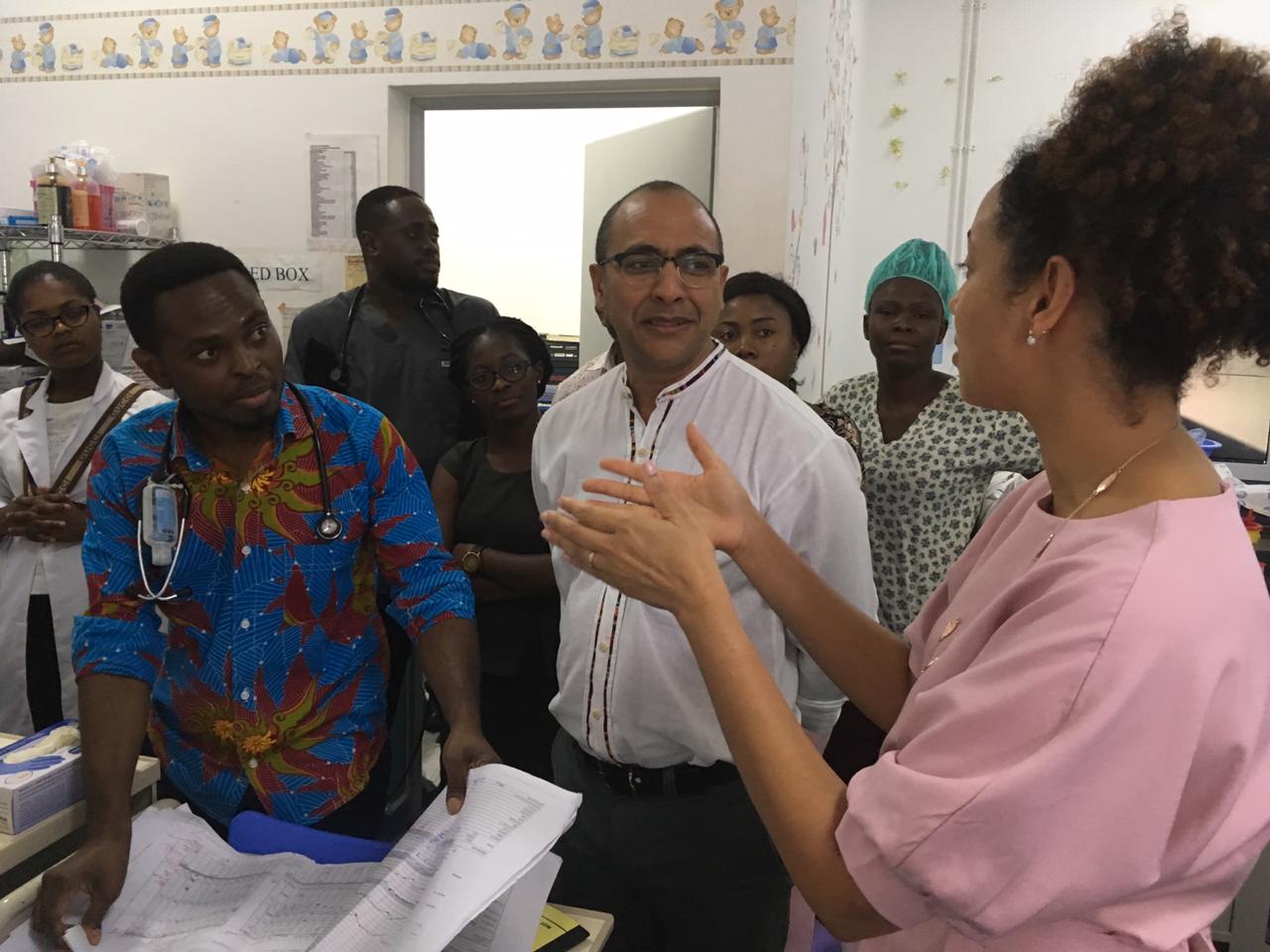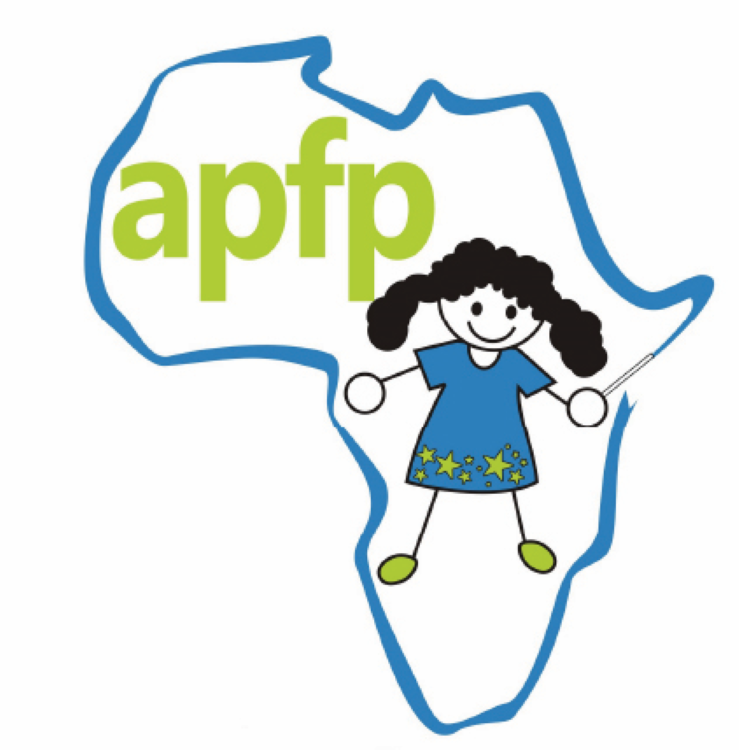
The need to grow Africa’s specialist paediatric workforce is so vast that it could easily be overwhelming, and the impact of individual fellows lost. That’s why the majority of APFP fellowships are part of long-term plans to build specialist, multi-disciplinary child healthcare teams that have been specifically designed to address local and regional priorities in child health.
We work closely with our partners (a mix of hospitals, academic institutions and professional associations) to put these plans into action. Together we can build capacity for both clinical service developments and the launch of local and regional fellowship programmes. It is an important step that will see the role of the APFP shift significantly in the coming years. We are a catalyst. The start of a unique ripple effect that will see more centres training more paediatric health professionals than ever before.
Partnerships in action
As the APFP grows, so does the number and variety of partnership opportunities. There is no one single model, with the examples below showcasing three programmes that bring the APFP, its partners and alumni together to realise institutional, national and regional change.
The APFP, KUHeS, and QECH have been working together since 2009 to set up and grow the country’s first general paediatric fellowship training programme. The course is led and delivered by the KUHeS, with fellows rotated through the APFP for the final 15 months of their four-year programme to obtain clinical exposure to sub-specialties not yet available in the country. 15 of Malawi’s general paediatric trainees have passed through UCT to date, with more in the pipeline.
Of these, 6 returned later to South Africa to specialize in paediatric critical care, nephrology, oncology, rheumatology, developmental paediatrics, and neonatology. Two more fellows also traveled to Cape Town for training in paediatric oncology and surgery. These opportunities are a key part of a collective strategy to build the human resources needed to strengthen Malawi’s flagship fellowship, while also addressing critical areas of service need. We look forward to a future that sees general paediatrics training transitioned to the country in full.
In Ghana, the focus has always been the sub-specialty training of multi-disciplinary clinical child health teams. It started with KATH and their decision to strategically second at least one fellow to the APFP every year. With 19 clinicians now trained in a diverse range of sub-specialties (and a team of 11 children’s nurses trained by our sister programme) KATH is fast becoming the ‘gold standard’ for paediatric healthcare in Ghana. They are known for excellence in paediatric intensive care, oncology, pulmonology, nephrology, infectious diseases and neurology – as well as for the development of supportive systems, multi-disciplinary teamwork, and the introduction of low-cost, resource-appropriate clinical interventions.
In addition to the above, the APFP also partners with other teaching hospitals across Ghana to train new cadres of sub-specialists, with candidate selection guided by a national committee formed under the Ghanaian College of Physicians and Surgeons. The plan is to build a paediatric workforce that meets local child health priorities, with APFP alumni working together to establish a suite of fellowships that will see Ghana become a regional training hub for West Africa.
Since 2007, the APFP has trained over 30 fellows from Kenya in 14 different sub-specialties. Guided by the Kenya Paediatric Association (KPA), candidate selection was part of a vision to build multi-disciplinary clinical teams and select sub-specialist training. To ensure sustainability, the APFP would step back once identified teams and fellowship programmes were up and running. By providing hands-on support with curriculum development and online tutorials, sub-specialty training in paediatric neurology is now available in country, with a paediatric gastroenterology fellowship set to launch soon. The plan is to grow this offering, with APFP alumni across East Africa working together to create a regional hub for budding sub-specialists.
Not only was the development of these two local fellowships led by APFP alumni, a number of APFP-trained clinicians have gone on to hold key roles at the KPA and other associations. Leading research and developments across the region, this is in addition to service-based achievements that include Kenya’s first paediatric intensive care unit, a new renal dialysis and transplant programme, and the overhaul of a neonatal service.
Want to find out more?
Visit our impact page to read about the catalytic work of the APFP and our alumni.

